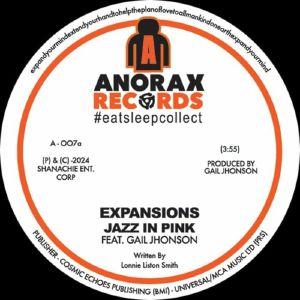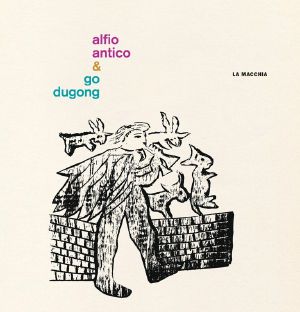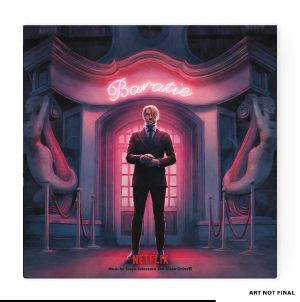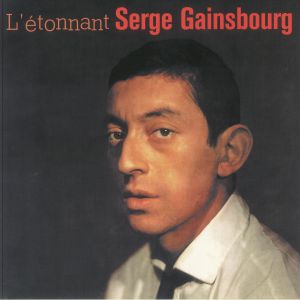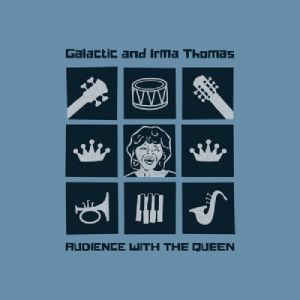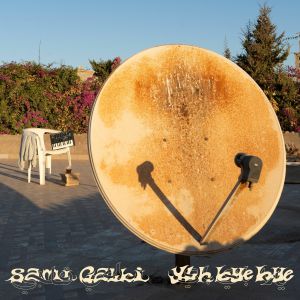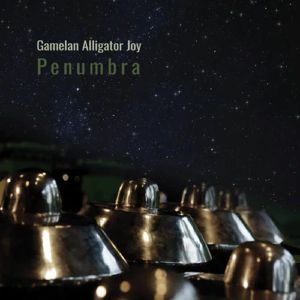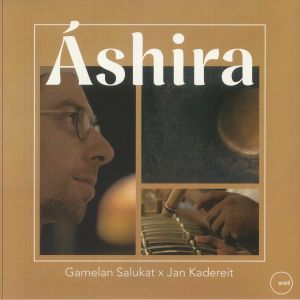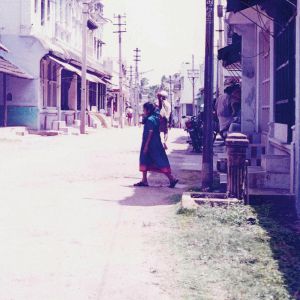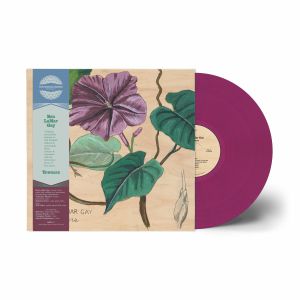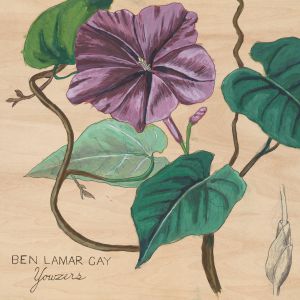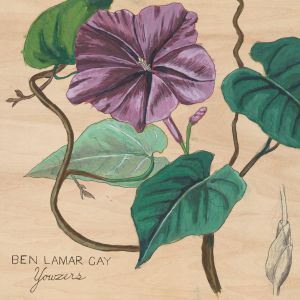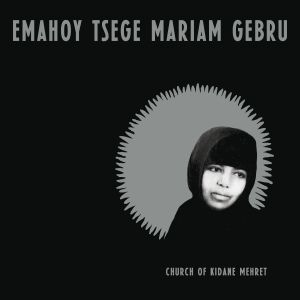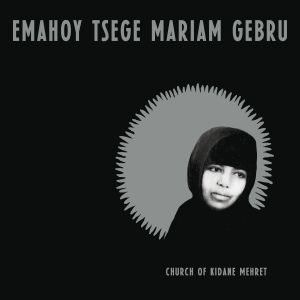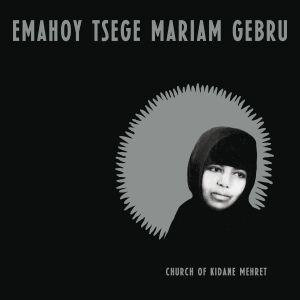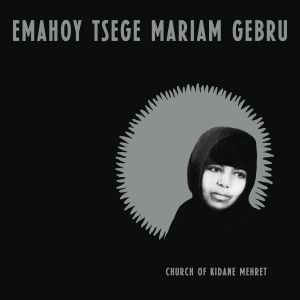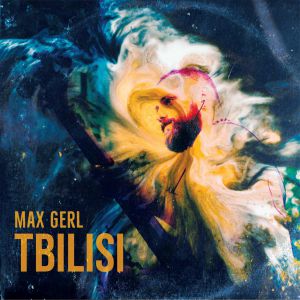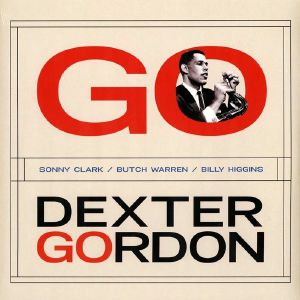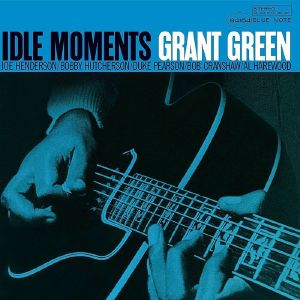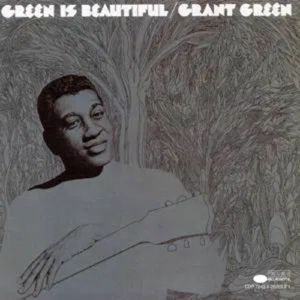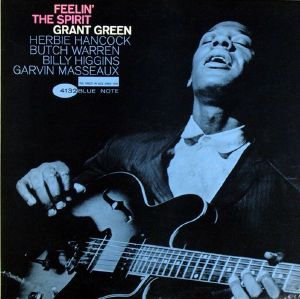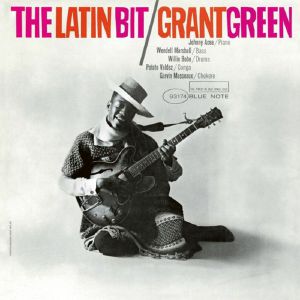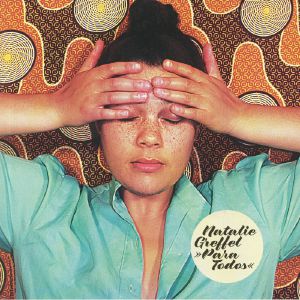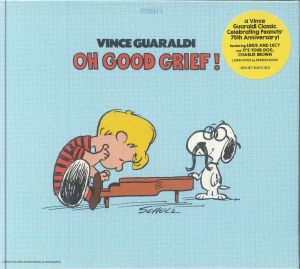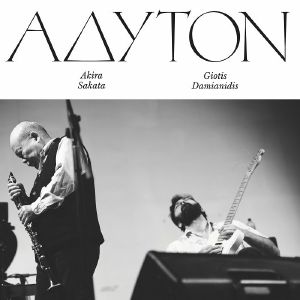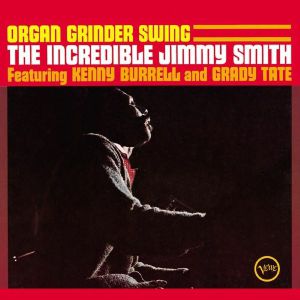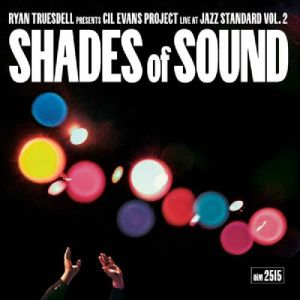Back catalogue: Funk Soul & Jazz
Juno's full catalogue of Funk Soul & Jazz
シングル
Review: UK ensemble Abstract Orchestra is led by producer Rob Mitchell and has built its name through jazz-infused hip-hop tributes to legends like J Dilla and MADVILLAIN. Their latest cut, 'Big Bad Wolf,' features Detroit MC Guilty Simpson, whose booming baritone drives the track's cinematic narrative. Originally shelved and not put out, Mitchell revived the collaboration by rewriting the entire instrumental. The result is a two-part journey: from eerie, dreamlike strings to hard-hitting live drums, textured synths and reverb-heavy vocals. With lines like 'when a good guy becomes a villain' Simpson's in raw vengeance mode and jay lyrical grit meets with tight musicianship for modern hip-hop orchestration at its boldest.
… Read more in stock $15.01
Review: Brooklyn producer Gerard Young aka Ge-ology has always championed intricacy in his original house productions, preferring to survey and purpose-build from the ground up, not prefabricate. His Versions series through Hot Biscuit has been going since 2025, with a higher-than-usual number of deep cuts (usually six in total for each 12") all given names like "Extended FeelTheFire Mix", "From SideToSide", "CapricornTribe Mix" and "Raw Stripdown Version", evidencing a sense of literary licence and playing on otherwise boxed-in remix titling traditions. Janky sampled refuse of disco-soul and gospel replay over 'Keeep The Beat' like trash-humped radio components larked from wreckage - our fave track here by far.
… Read morePlayed by: Kisk, Charlie bucket/ dancing in space
in stock $45.32
Review: The enduring electronic musical gene sequence that was Virginia-born pianist and keys player Lonnie Liston Smith's spiritual funk-jazz opus, 'Expansions' from 1974, now hears another re-disco-scription by keyboardist Gail Johnson and her unstoppable band, Jazz In Pink. Renowned for her keytar uplifts and relentless live schedule, this is a rare 12" for the modern genius LA live musician. Her rendition of Smith's 'Expansions' both mellows and sharpens the mood in equal measure, providing a renewed euphony come euphoria. 'Glow' backs up the B-side with a sheeny original, with dramatic phrase stops and trademark peak-out pianos from Gail.
… Read morePlayed by: Osmose
! low stock $15.58
アルバム
in stock $32.29
Cat: 8BIT 82332. Rel: 29 May 25
in stock $39.38
in stock $22.65
in stock $16.71
Played by: Juno Recommends International
in stock $14.45
in stock $17.57
in stock $27.48
Review: Recorded in collaboration with Nils Frahm at Berlin's Leiter Studio, Ganavya's fourth album is destined to carve its own path to recognition due to its unique quality. A follow-up to last year's acclaimed Daughter of a Temple, which drew praise from many music outlets, Nilam - probably best known her for her appearance alongside Sault at their recent live show - continues her journey into music as devotion, meditation and memory. Born in New York and raised in Tamil Nadu, she moves fluidly between traditions, channeling pilgrimage trails, harikatha storytelling and jazz improvisation into something uniquely her own. Her voice is unhurried, intimate and full of clarity, conjuring stillness even in motion. It's a sound that invites stillness but never feels static, where every breath carries the weight of generations and each silence says as much as her lyrics. The songs on Nilam feel distilled from years of lived experience, shaped by years of live performance as tracks like 'Sees Fire' blend Eastern tonalities with meditative jazz, fusing introspection with emotional firepower. The album traces the patterns of gratitude, loss and rootedness meanwhile anchoring the listener in a place beyond the physical. Rather than chase genre, ganavya reaches toward essence. Nilam isn't just an album, it's a moment held in reverence. A sonic altar where memory, spirit and sound meet. In her hands, song becomes a ritual of listening.
… Read morePlayed by: Juno Recommends International
in stock $32.01
Yowzers (translucent purple vinyl LP + insert with obi-strip (indie exclusive))
Cat: IARC 97LPI. Rel: 05 Jun 25
Review: The latest album from Chicago composer and improviser Ben LaMar Gay is his most fluid and assured to date. Backed by his long-time quartet of Tommaso Moretti, Matthew Davis and Will Faber, Yowzers ripples with rhythmic intuition and emotional weight, moving between playful sketches and hymn-like vignettes without ever breaking its spell. Tracks like 'the glorification of small victories' and 'I am (bells)' are recorded live, capturing the spatial intelligence of the group's shared language - an ensemble sound built through years on the road. 'for Breezy' and 'leave some for you' find Gay in a balladic register, unafraid of simplicity, while 'John, John Henry' retools folklore through polyrhythmic loops and group chant. The result is at once free and tightly woven - a folk-rooted sound that spirals into cosmic territory. Rob Frye's flute and a mini-choir add further texture, but it's Gay's ear for structure and storytelling that binds it all. These aren't just compositions but musical rituals, alive with history, invention and care. It's not jazz, not quite, not only - this is music that trusts its players as much as its audience, carrying old knowledge forward with lightness, humour and reverence. A quiet triumph.
… Read more in stock $28.61
Yowzers (LP + insert with obi-strip)
Cat: IARC 97LP. Rel: 05 Jun 25
Review: Ben LaMar Gay expands his musical lexicon with mala-morphemic glee on Yowzers, a wide-berthing new LP trading in exp points racked up as a soloist, bandleader, and key player in Chicago's music scene. Conscripting his long-running quartet (Tommaso Moretti, Matthew Davis, Will Faber) for dispatch on a new instrumental regiment, the record snaps the intimate language they've developed through years of live performance, captured here in a rare set of real-time recordings. As always, Gay pushes outward from folkloric roots, incorporating choir arrangements, in-studio experimentation, and contributions from frequent collaborators like Rob Frye and Ayanna Woods, be that through the looped minimalism of 'Yowzers' to the mournful swing of 'For Breezy' and the guttural blues of 'John, John Henry.'
… Read more in stock $25.78
in stock $14.45
Review: Some 13 years have now passed since Mississippi Records started reissuing private press albums by Emahoy Tsege Mariam Gebru, an Ethiopian Orthodox nun, pianist and composer whose naturally religious-inspired works frequently took spiritual music to fascinating new places. Here the label turns its attention to 1972's Church of Kidane Mehret, notable not only for being recorded live in various churches across Jerusalem, but also for the use of harmonium and pipe organ as well as Emehoy's beloved piano. The original album, which in line with her other album features intricate and mood-enhancing solo translations of orthodox liturgies, has here been expanded via the inclusion of two further piano pieces from 1963's ultra-rare Der Sang Des Reeres - a set of which only 50 copies were ever produced.
… Read more in stock $13.88
in stock $14.73
Church Of Kidane Mehret (clear vinyl LP + booklet (indie exclusive))
Cat: MRI 214LPC1. Rel: 22 May 25
Review: Emahoy Tsege Mariam Gebru's deeply spiritual music has long remained a hidden gem and this release offers a rare chance to experience her most poignant works. Recorded in churches across Jerusalem, her performances on piano, harmonium and pipe organ transcend genre that blends Ethiopian Orthodox liturgy with the technical sophistication of her classical training. There's a serenity to these pieces, particularly in 'Ave Maria,' where her piano's crystalline chimes fill the sacred spaces, while 'Spring Ode - Meskerem' brings new life to familiar melodies, played through the rich drones of the harmonium. The collection moves from meditative to dramatic, with 'Essay on Mahlet' offering a slow, introspective journey as Emahoy translates the free verse of Orthodox liturgy into a delicate piano composition. The inclusion of 'The Storm' provides a moment of intense contrast, its stormy narrative unfolding through sharp, thunderous piano lines. Emahoy's ability to blend devotional themes with emotional depth is most apparent in 'Via Dolorosa,' where the music mirrors the weight of the stations of the cross with breathtaking gravity. Her music, though niche, stands out for its seamless fusion of Ethiopian spirituality with the grand traditions of Western classical music, feeling entirely distinct in its expression. The recordings, originally made in 1972, show a stark simplicity and restrained power that speaks directly to the soul. It's a rare treasure and an essential contribution to the world of spiritual music.
… Read more in stock $30.58
Church Of Kidane Mehret (LP + booklet)
Cat: MRI 214LP. Rel: 22 May 25
Review: Mississippi Recs provide yet another delta stream's worth of Ethio musics by nun and composer Emahoy Tsege Mariam Gebru, presenting a remarkable body of work shaped by faith, solitude, and a deep reverence for sound. First self-released in 1972 and now enlarged over two formerly unheard piano pieces, this new curatorial crimp reveals Emahoy's profound engagement with the liturgical traditions of the Ethiopian Orthodox Church: all laid to record across sacred spaces in Jerusalem, they hear her play piano, harmonium and organ, with tactful piano fingers assuring a chiming touch on 'Ave Maria' and 'Essay on Mahlet', both religious chants heard to echo against ancient stone. Also inside are two compositions from the near-lost album Der Sang Des Meeres (1963), salvaged from obscurity and restored here with equal reverence.
… Read more in stock $27.18
in stock $18.12
in stock $19.25
Green Is Beautiful (remastered) (UHQ-CD with obi-strip)
Cat: 652428 0. Rel: 15 May 25
Ain't It Funky Now
A Day In The Life
The Windjammer
I'll Never Fall In Love Again
Dracula
in stock $18.12
Just A Closer Walk With Thee
Joshua Fit De Battle Ob Jericho
Nobody Knows The Trouble I've Seen
Go Down Moses
Sometimes I Feel Like A Motherless Child
in stock $18.12
in stock $19.25
Para Todos (B-STOCK) (LP)
Cat: AR 127VL (B-STOCK). Rel: 01 Jan 90
B-STOCK: Creasing to corner of outer sleeve but otherwise in excellent condition
in stock $20.95
in stock $14.73
in stock $12.18
Adyton (LP limited to 200 copies)
Cat: ZORN 107LP. Rel: 22 May 25
in stock $32.29
Cat: 825675 1. Rel: 12 May 25
in stock $41.92
Ryan TRUESDELL presents GIL EVANS PROJECT
Cat: OUIA 25152. Rel: 10 Jun 25
in stock $26.62

 USD
USD







